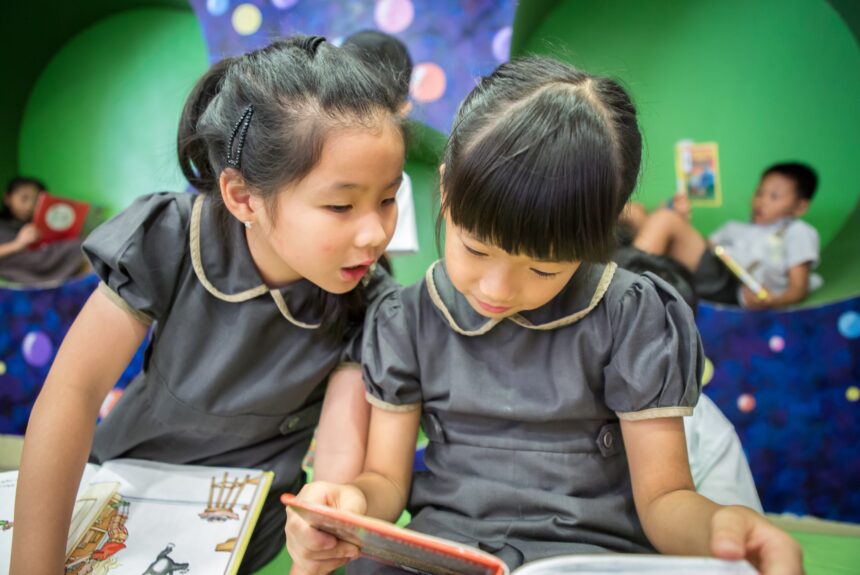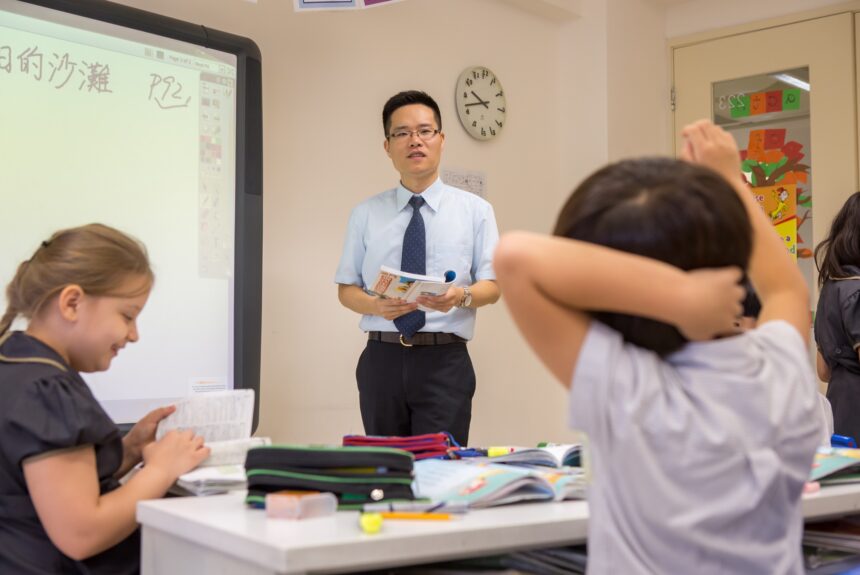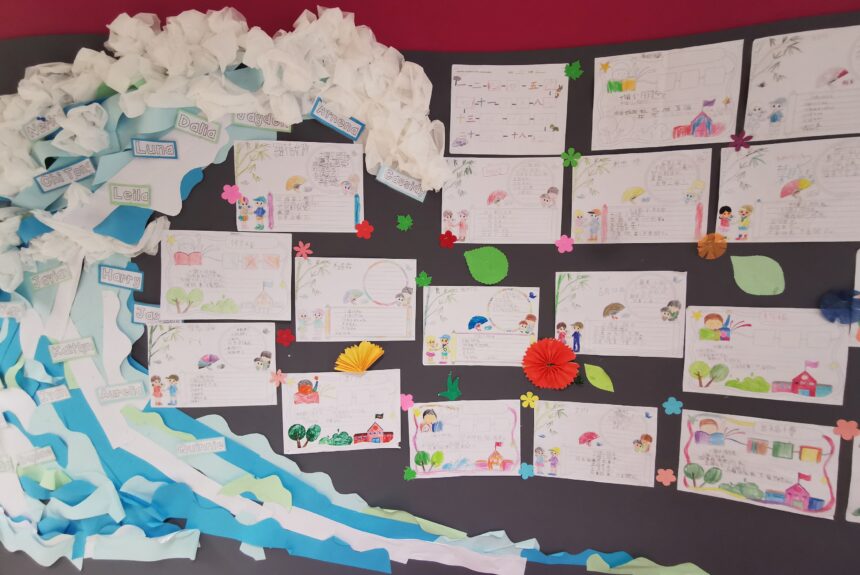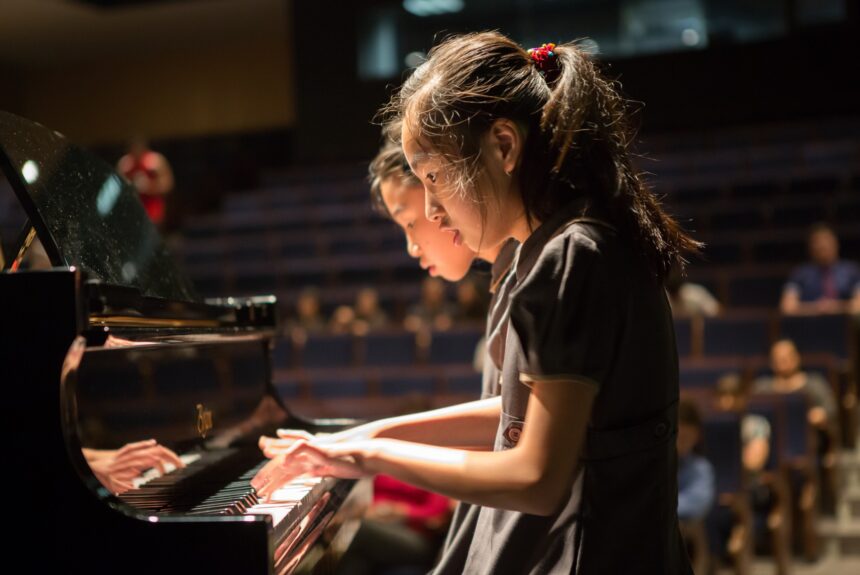School of the Nations’ student-centered approach to education is, in my opinion, what distinguishes it from other educational settings. The development of individual’s social and emotional well-being is incorporated into every aspect of school life. The school community is centered around a family culture, where every individual feels a sense of belonging and responsibility.
Primary School
Vision of childhood
We see children as the most precious treasure a community can possess. In them are the promise and guarantee of the future, and they bear the seeds of the character of future society.
Childhood is a time of life in which a firm foundation of high ideals is established, as children learn to be purposeful and develop praiseworthy qualities and good habits. Among the potentialities they possess are virtues such as love and kindness, justice, truthfulness, trustworthiness, constancy, and integrity. The powers of the mind to discover the world of nature, produce beautiful works of art and to express beautiful and noble thoughts also begin to emerge.
The task of educators, we believe, is to find the talents in each child and foster their development. As children progress in character and learning, the result is “light upon light”.
The Primary Programme
Our Primary programme builds on the qualities and understandings developed in Kindergarten. It aims to inculcate—gently and patiently—into students’ young minds principles of moral conduct while assisting them to build a foundation for advancing in the study of different disciplines of knowledge.
Primary students experience a joyful yet disciplined classroom environment.
Through this they progress in their understanding of intellectual and spiritual concepts. They develop their ability to cooperate with one another and engage in collective endeavours in the classroom, their families, and the community.
The Primary programme includes components in the areas of character development, mathematics, science, language, the arts, and information technology.
Character Development

The Mining the Gems programme, implemented from Primary 1 to 5, builds on the qualities and understandings developed through the Hidden Gems programme at Kindergarten.
The curriculum focuses on the development of moral capabilities—such as those of participating effectively in group action and decision making and being a committed contributor to social progress. It assists students to become active participants in age-appropriate processes of individual and community development.
The Mining the Gems programme draws on passages from the Baha’i writings, stories, role plays, discussions, games and arts activities to foster the development of spiritual qualities. These concepts are also woven directly and indirectly into the academic, social and physical development programs.
English
The English program is focused on systematic skills development in reading and comprehension, phonics, grammar, vocabulary, and writing skills. Reading selections provide the opportunity to explore a range of genres to develop accuracy, fluency, and a love of reading and assist students to communicate with competence and confidence. Writing exercises are designed to create imaginative and informed thinkers, who are able to analyse and understand, drawing on evidence, literary elements, main ideas, inferences, and text structure.
Mathematics
Our Maths program is designed to develop understanding of mathematical concepts through multistep problems and concrete illustrations that demonstrate how abstract mathematical concepts are used to solve problems from different perspectives. The focus is to build mastery of fundamental concepts and their application. It attempts to build a positive attitude, in-depth skills, and metacognitive practices to ensure a solid foundation in Mathematics.
Science
The Science program is designed to provide opportunities for students to advance in understanding of important science concepts, processes, and practices. The aim is to build a foundation of scientific knowledge, and skills through scientific inquiry methods and develop the ability to communicate, gather evidence, solve problems and make evidence-based decisions.
Social Studies
In Social Studies students explore their own identity, the rights and responsibilities of individuals and groups, and the significance of traditions, diversity, and shared values in society. Students are invited to examine human environments, places, ideas, events and how features of land, past history, individuals and groups have participated in and contributed to society. We have also written and published a textbook for each grade level about the historical and cultural heritage and geography of Macau.
The Arts
The Arts is a learning area that draws together the related but distinct art forms of drama, music and visual arts. Each involves different approaches to arts practices and promotes critical and creative thinking that reflects distinct bodies of knowledge, understandings and skills, across a range of cultures and places. Within all arts subjects, learning facilitates the creative and practical realisation of ideas, where experimentation, composition and refinement take into account logical, critical and aesthetic considerations.



